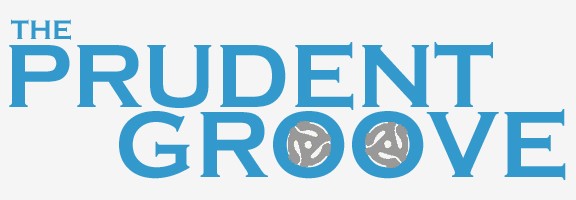
The inner sleeve to L.L. Cool J’s debut album,
Radio is a pitch-perfect analysis of this (then) young man’s budding talents. Presented below, in its well-respected hilarity is the entirety of Nelson George’s take on the young L.L. Cool J. Enjoy.
———-
A Minimalist Homeboy Who Knows His Beats
You can call it rap, hip hop or street, but it really is a way of hearing music – and partying hard – that expresses the experiences and attitudes of a great many inner city kids. L.L. Cool J is one of the best young talkologists around, because he speaks directly to and about his generation over large beats that recall Run-D.M.C., Trouble Fun, James Brown, and funky little bits of AC/DC and Yes. Born and raised in Queens, New York and first recorded by Rick Rubin’s and Russel Simmons’ then independent Def Jam label, L.L. Cool J made his name with “I Need A Beat.” The groove is metallic and relentless, L.L’s rhymes literate and tough (“There is no category/for this story/it will rock in any territory”), and his delivery full of youthful excitement.
Those same qualities run throughout L.L. Cool J’s debut album. “I Can’t Live Without My Radio” is a b-boy’s explanation of their love affair with portable cassette players, while “El Shabazz” is an a cappella rap as streetcorner-funny as a Richard Pryor monologue. “Rock the Bells” is a smoking hip hop-go go- rock ‘n’ roll jam, and “You’ll Rock” is almost as hot. But L.L. isn’t just hardrock. His sensitive side comes through on the rap ballads, “I Want You” and “I Can Give You More,” both of which really capture the tug of adolescent love. “I Want You” is particularly poignant as L.L. talks about his crush on an older woman who “used to be my baby sitter.” On the funny side L.L. snaps on a big boaster played all too convincingly by his manager ‘Rush” Simmons during “That’s A Lie.” This teenage music is built around beats, but not just any old beats. It is all about a beat with style, with personality, and L.L. Cool J has plenty of both.
Nelson George
author: “Fresh: Hop Hop Don’t Stop”
(Random House)





